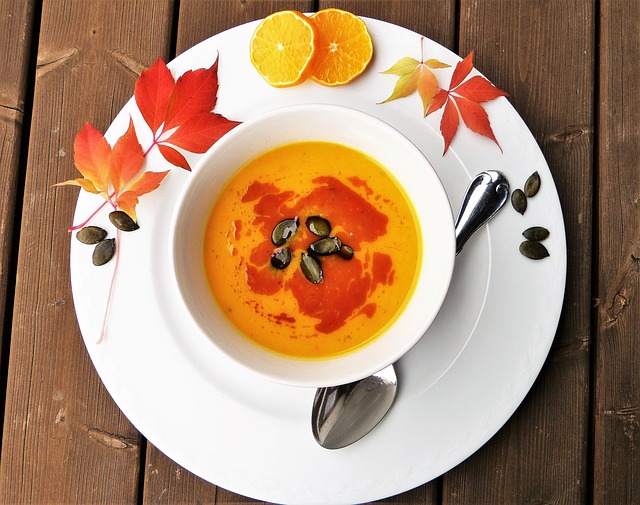How to avoid winter dehyrdation (a factor in how susceptible you are to the flu!)
By Kelly Horne
So we are more than half way through winter but the nights are still cool and the morning still has that cold bite to it. The sun during the day is beautiful so I hope you are getting out for some warmth and vitamin D when you can.
This mix of cold weather with a little taste of warmth puts us in the perfect position to become dehydrated, if we aren’t already of course! I don’t know about you but I have been struggling to drink enough water this winter. Did you realize that your body has the exact same water requirements regardless of the weather, even if your thirst reflex is reduced? Yes we need to replace more from sweating in summer but during winter our body still has all the same functions happening. Water is required for every function of the body and even a slight reduction in hydration can slow all of these functions.
Not only do we drink less water in winter but we are also in drier conditions. We spend time in air conditioning, car heaters, near fire places, hotter showers, more blankets and warm layered clothing. Sweat also evaporates quicker in the dry weather so you don’t feel it on your skin like you do in summer. I believe the cause of dry winter skin is mostly due to our hotter and longer showers. The two most common winter related complaints I see are dry skin and colds/flu. Hydration is vital to prevent them both. You need moist mucus membranes to form a barrier against bacteria and viruses to prevent their access to your body.
Luckily our body sends us signals when we are dehydrated but most of us aren’t in tune with them. The most obvious one is the color of our urine. Look at your urine every time you go to the toilet – it should be clear and pale yellow. The more yellow or brown it is, the more dehydrated you are.
Steps to prevent dehydration in winter
Start your morning hydrated – Drink two large glasses of water first thing in the morning. You can add a squeeze of lemon juice to help fire up your digestion if you like. It also helps to flush out the toxins your body has processed during the night. Starting off on the right hydrated foot will help you to continue during the day.
Set a water goal – To determine your required water intake multiply your body weight by 0.033 – for example 80kg multiplied by 0.033 = 2.64L. This means a person who weighs 80kg would need to drink at least 2.6L a day to be well hydrated. Once you know what your water needs are, fill a glass or stainless steel water bottle or two in the morning with your water for the day. Your bottle doesn’t need to be fancy – an empty glass juice bottle will do the job. Make sure you keep your water close by and take a sip regularly.
Apps – Like everything else in the world ‘there is an app for that’. Yep there is apps that you can install onto your phone which will remind you to drink water. My favorite is called Plant Nanny and it is so cute! The app allows you “grow” plants and the water you drink is also watering the plants. Seeing your plants wilting is a great motivator!
Limit alcohol, tea and coffee – these have a diuretic effect on the body which means that the water gets removed through the urinary system at a faster rate. Don’t be fooled into thinking that any form of liquid will count towards your fluid intake. If you drink alcohol, tea or coffee it is vital that you compensate it with extra water.
Herbal tea – Many herbal teas can act in the body as a diuretic even if they are caffeine free. Use them when your need some warmth but make sure you don’t count on them for a large portion of your fluid intake. A nice option is licorice tea. It is a tea that many people enjoy but it also helps to keep the fluid balance of the body in check.
Eat fruit and vegetables – the high water content and the nutrients contained in them help fight off colds and fluids. They also contain electrolytes which are important for the fluid balance in your body. You can also infuse your water with fruit and vegetables to make it taste nice. Chopped cucumber and mint is a yummy and hydrating combination.
Eat/drink soups and bone broth – The broth and vegetables contained in the soups offer electrolytes and fluids. The unrefined salt you add will help your body absorbed and make use of the water as well. Many people complain that when they drink lots of water they just end up peeing it out more. The natural electrolytes will help to prevent this.
These are just a few tips that can help you keep up your hydration during winter. Being hydrated is such a simple and important thing for our health. Many conditions we experience have a root cause of dehydration so please make it a priority. Keep an eye out for another article on how to keep your skin from becoming dry in the winter.
Check out our flu season survival guide
https://spectrumchiropractic.com.au/flu-season-survival-guide/

